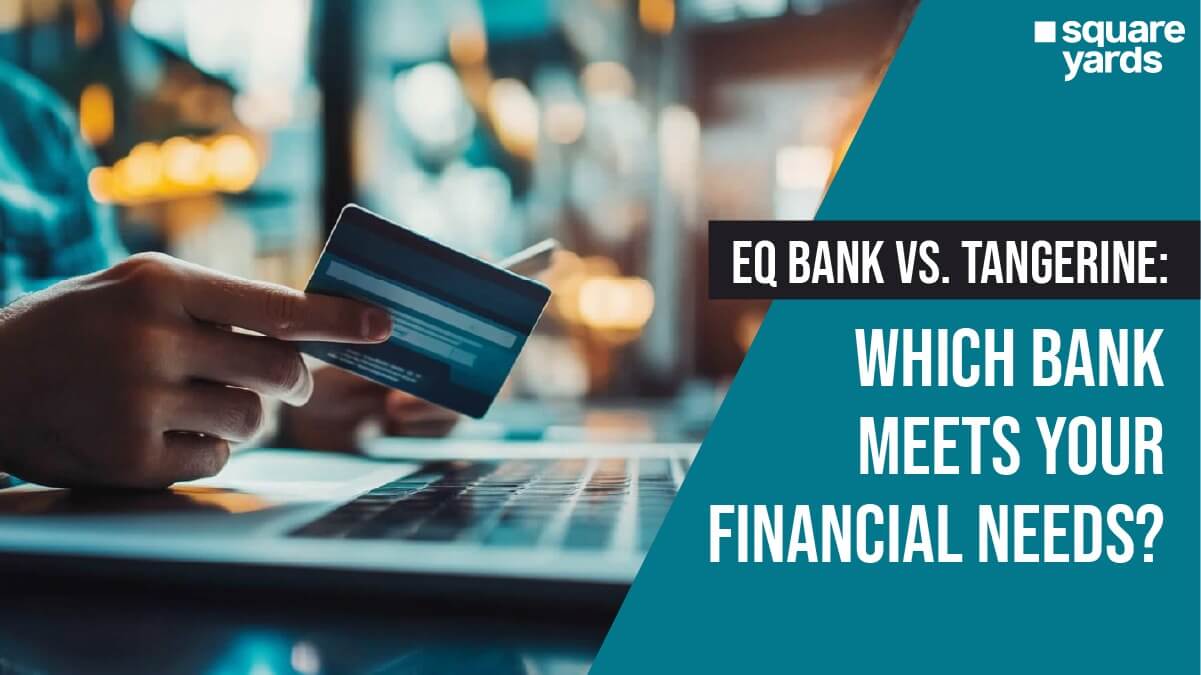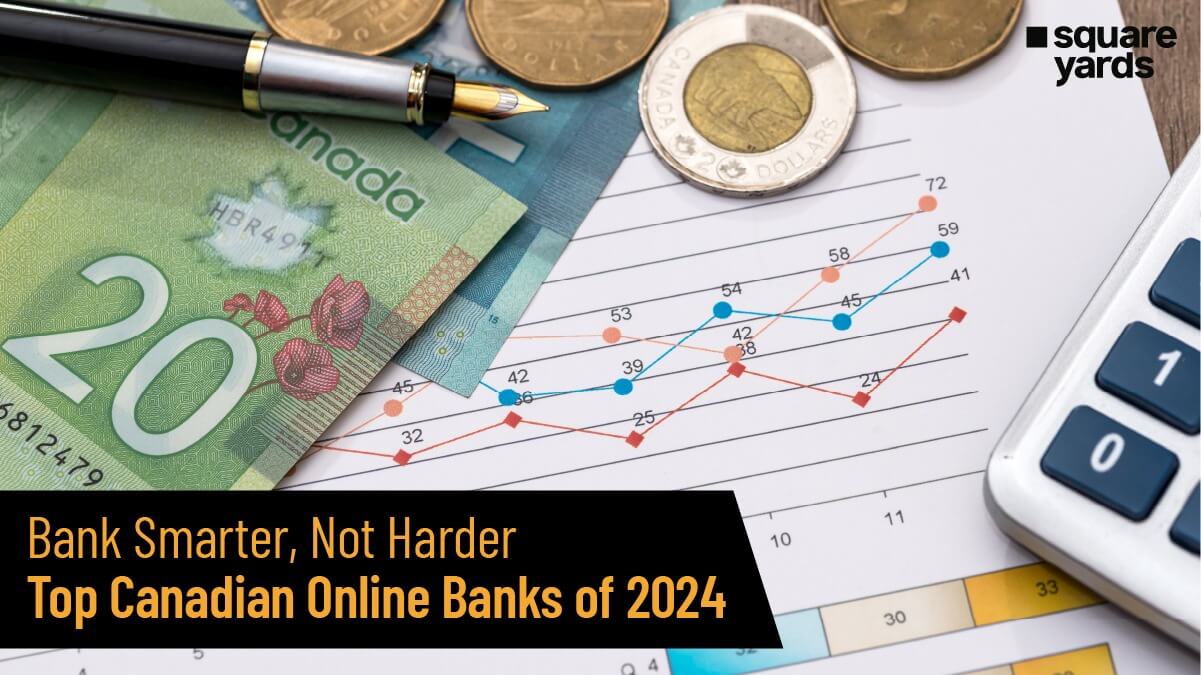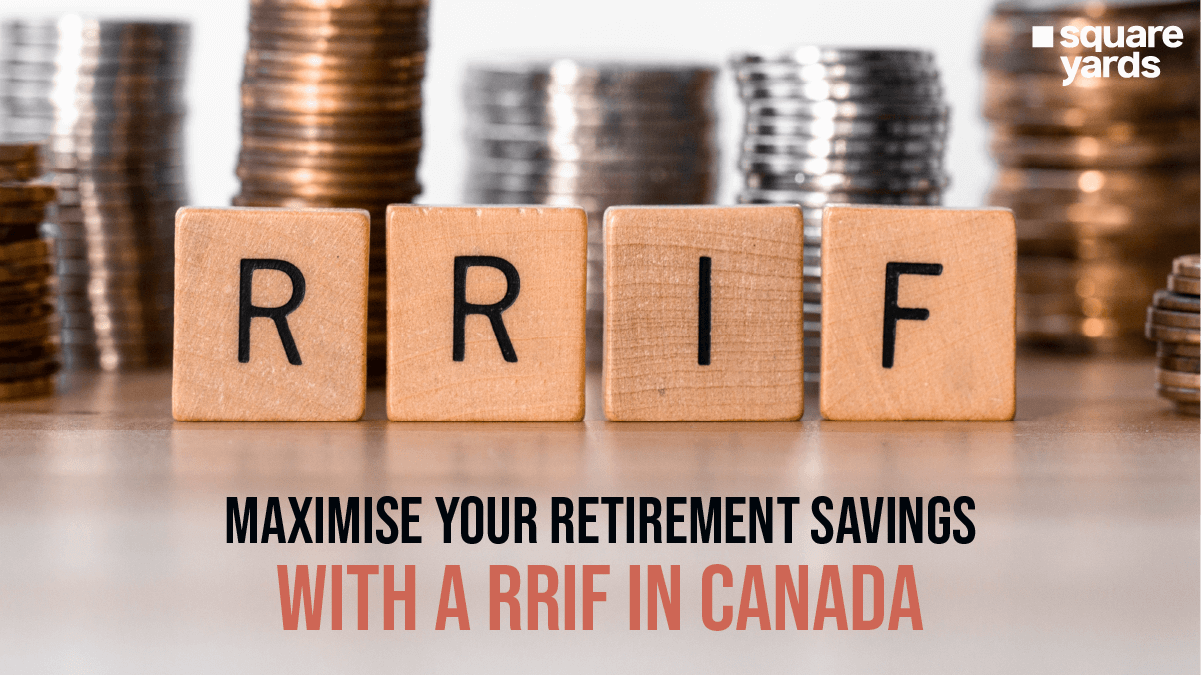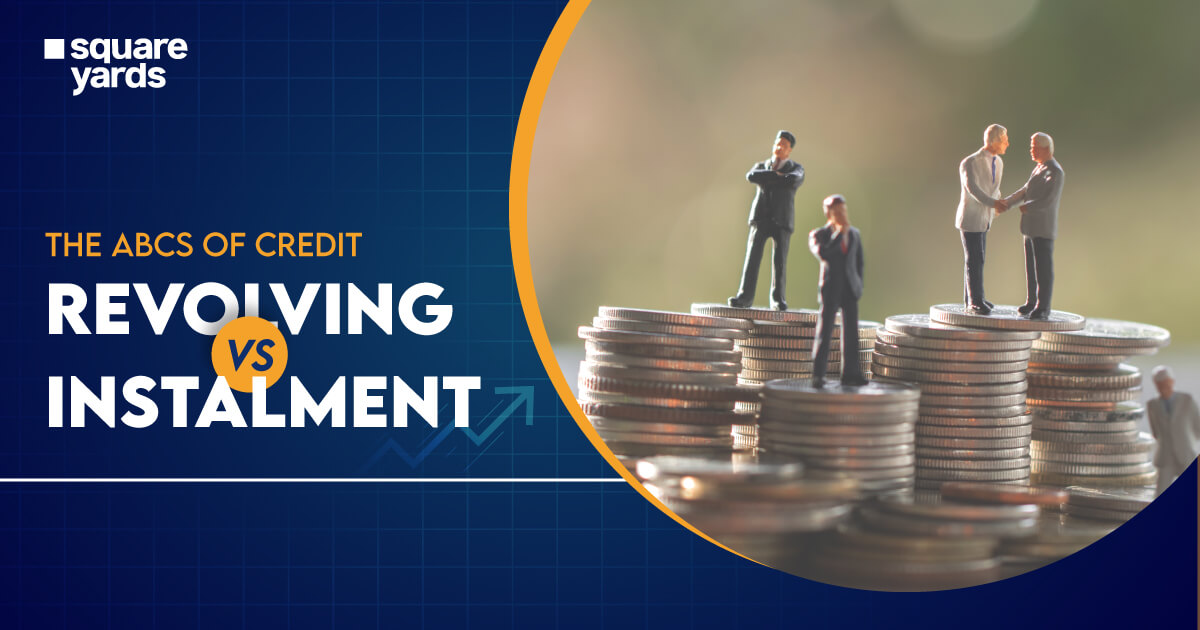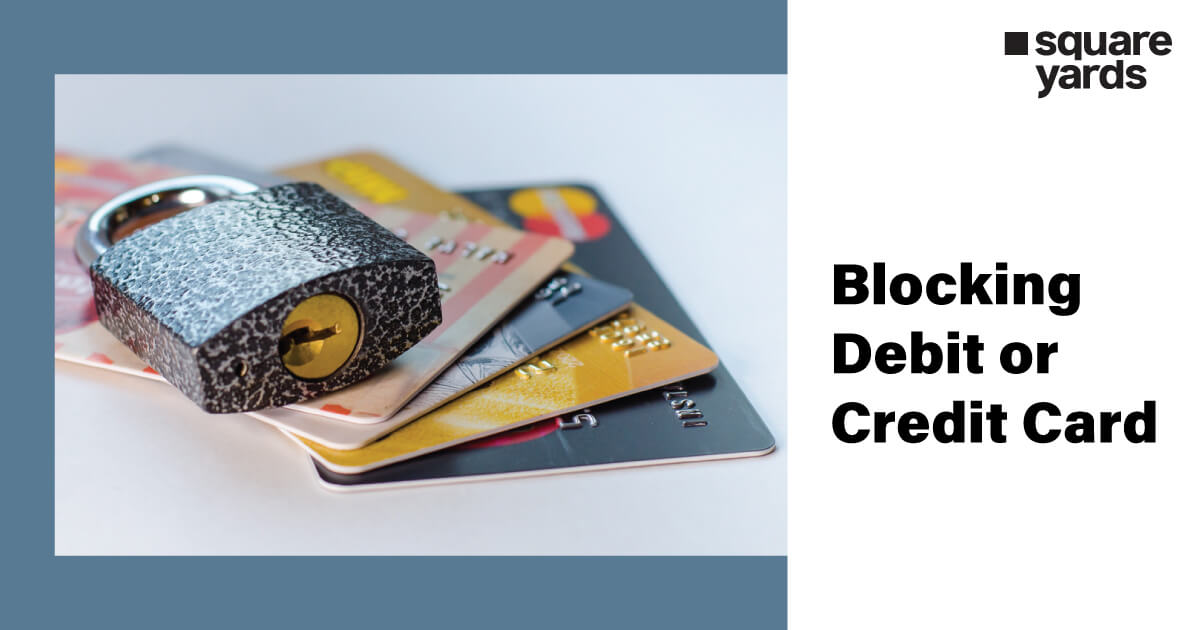An escrow account is a bridge. It is a third man between a buyer and a seller. An escrow account is opened when a potential buyer decides to offer the house and holds funds in trust while a transaction is completed between two parties. This trusted third party acts as a bridge that provides safety and comfort to investors and buyers. The following blog elaborates on these accounts and their servicing officers.
Escrow Account: Meaning and Definition
Understanding what escrow means is simple. A financial account that holds and manages funds and assets on behalf of two or more parties involved in a transaction is called an escrow account. An escrow account ensures that two parties follow through on their word and no one feels like they’ve got the shorter end of the stick. An escrow account helps bring reliable comfort, security and trust in the money the buyers and sellers invest.
When uncertainty hangs between the completion of a transaction, an escrow account offers security. It is used for vertical transactions like online banking, intellectual property and real estate mergers. An escrow account is a simple reassurance that the praised goods will reach a destination or that reliable payment will follow the delivery. The sellers can ensure they get their due, and the buyers can ensure the quality of the goods is qualitatively acceptable.
In real estate transactions, escrow accounts assure the seller that the buyer is sincere about a purchase and guarantees the buyer of a good faith deposit. Escrow can also refer to an account made at the time of mortgage closing. A portion of the monthly payment on a mortgage is taken and deposited into the escrow account. The account holds future homeowners insurance and property tax payments in this case. An escrow account helps underline the conditions and terms for both parties involved and details the responsibilities that the parties should follow. A trustee called an escrow agent helps supervise this transaction and ensures all obligations are fulfilled on both ends before the money goes through. Usually, a lawyer or an escrow agent holds the assets until predetermined contractual deals are fulfilled.
Escrow Officer’s Significance
Understanding what escrow means clarifies how important an escrow agent is in the transaction. Usually, a lawyer or an escrow agent holds assets until all the agreement terms are fulfilled. Once the predetermined contractual obligations are met, the agent releases the funds or property in the account. Financial responsibility rests on the shoulders of the escrow agent, and their role is unbiased. They hold both parties’ assets as a neutral middleman and then release them.
-
Starting the Process
The agent’s role becomes apparent when a deposit is placed for a property, and the escrow account is opened. The escrow agent walks you through searching the titles, checking lender requirements, ensuring the contingencies in the contract and caring for the funds. Once satisfied, they can close the account and disburse all funds.
-
Property Inspections and Regulatory Approval Checks
On completion, the buyer is handed over the keys to the new house, and the seller possesses all their trust funds with a new mortgage. Conducting property inspections, repairs, and title searches and ensuring all regulatory approvals fall under the agents’ responsibilities. No party in the deal feels disadvantaged due to the escrow agent. They receive funds, documents or assets from the parties in the transaction, legal documents and other relevant items.
-
Authentic Documentation
The agent ensures all documents are authenticated and the financial transactions are accurate. This due diligence ensures that the transaction proceeds as smoothly as possible. Communicating between the parties and putting forward their needs is another task they perform. They help coordinate with lenders, attorneys and other professionals involved.
-
Final Disbursement
The escrow agent does the final disbursement after the transaction. This could involve transferring property ownership, releasing funds to the seller, or completing other relevant actions. The escrow agent records all transactions, documents, funds and processes throughout the trade for legal backing.
Closing the Account
An escrow real estate transaction is considered closed once all obligations for the deal are met. Then the escrow account is closed. The transaction is fulfilled once the documents are legally signed, and the buyer has officially transferred the title. This is always the final step in the transaction, and the escrow agent concludes their responsibilities by distributing funds, transferring assets and completing documentation. The escrow agent verifies the following conditions are completed before closing the account.
-
Fulfilment of Conditions
Before closing the account, all the conditions specified on the documents are checked to see if they are fulfilled. These include property inspections, repairs, title searches, obtaining necessary permits or approvals and meeting financial obligations.
-
Verification and Approval
The escrow agent reviews all the documentation, payments, and tasks to ensure that both parties have met their obligations and that the transaction can proceed to closure. The final documents required for closing the account are then prepared, like ownership deeds, financial settlement statements and legal paperwork.
-
Distribution of Money
The agent distributes the specific funds to the liable party after the deal. Paying off existing mortgages or liens is an important step for a fair settlement, and then the appropriate recording document is shifted.
-
Closing and Archiving
As the deal is successful, the escrow agent closes the account and keeps a record of the complete process and transaction for a specific period of time. Future enquiries become easier through these records and enhance transparency.
Duration of the Escrow Timeline
It usually takes 30-60 days for an escrow account to complete. The individual agreements between buyers and sellers impact the length of a transaction. If any liens attached to the property are uncovered on the title research, then the mortgage lenders do not approve the mortgage for such properties. Having the proper documents and state-specific regulations can add to the time it may take to complete the escrow transaction. These necessary steps make the process longer at times. However, these title searches done by the escrow agent are important to ensure the best interest of both parties. Ideally, the process takes up to 30 days. Following are some areas where you are sure to lose the most time while completing an escrow settlement:
-
Quality Checks
All properties under transaction in the escrow real estate must go through necessary inspections. These inspections include everything from pest infestations, environmental checks to quality optimisations. Experts need to be involved, and it can take a while to get a hold of quality inspectors if not organised promptly. Scheduling these visits and inspections can help decrease delays.
-
Document Checks
There are a lot of documents that need to be organised, collected and re-examined. This can take a while to complete, so patience is essential. These documents may include a Copy of the Offer, fund proofs, termite certificates, deed transfers, etc. It is advised to start locating your comprehensive list of closing documents before the process begins.
-
Slow Escrow Management
An unorganised escrow service provider is usually also the cause for delay in the complete process. Some escrow agents may not be as efficient and quick as you want and delay the transaction. You need an escrow agent that is quick, efficient and available.
In Canada and USA
The term escrow is used much more in the US than Canada; the specifics and the regulations applied to the accounts in both countries vary. An escrow account is commonly opened when real estate transactions occur in the United States. In Canada, these accounts are used more commonly as property tax accounts. The general concept of an escrow account is present in both countries, with distinctions based on local laws, regulations and industry practices. It is suggested to consult financial professionals familiar with the specific jurisdiction and transaction type to get accurate information.
Final Thoughts
An escrow account offers security and removes potential conflicts, ultimately contributing to smoother and more trustworthy transactions in diverse industries. They play a pivotal role in various transactions by acting as a neutral intermediary that ensures the secure exchange of assets or funds between parties. These accounts safeguard against potential risks, adding confidence and transparency to transactions. They are used in real estate deals, business acquisitions, and more by holding funds or assets until all contractual obligations are met.
You May Also Read :
|
Guide To First Home Savings Account |
|
|
All About Non-Resident Canada Tax |
|
|
Know The Student Bank Account in Canada |
|
|
Understand Chequing Accounts in Canada |
Frequently Asked Questions (FAQs)
Can Canadians use escrow?
Yes, Canadian citizens use escrow accounts popularly for business purposes. A commercial transaction occurs between two parties where a third party holds the accounts until the deal is fulfilled. As the conditions for the transaction are fulfilled, these funds are released.
Who owns the money in an escrow account?
The money in an escrow account belongs to the buyer in the transaction. The escrow agent manages the money in the trust, and once the deal is fulfilled, this money is released and transferred to the seller.
How do I receive money from escrow?
Used for various transactions, the money held in the escrow account can be released only after the contract obligations are met. The money is held in the account until the buyer verifies the product or the conditions. Once the buyer approves the transaction and all necessary documents and proofs are submitted, the agent closes the deal the money is transferred to the seller.
How does an escrow account operate?
An escrow account bridges the parties in a transaction and networks the two. As a home is purchased, the lender establishes an account to pay for taxes and accompanying insurance. As the deal is closed, the account agent takes a service charge for making the deal easier, more efficient and more reliable.
What is the purpose of an escrow account?
The purpose of an escrow account is to provide a secure and neutral intermediary for holding funds, assets, or documents until certain conditions are met, or specific obligations are fulfilled. Escrow accounts are commonly used in various transactions to ensure both parties fulfil their responsibilities and mitigate risks.


